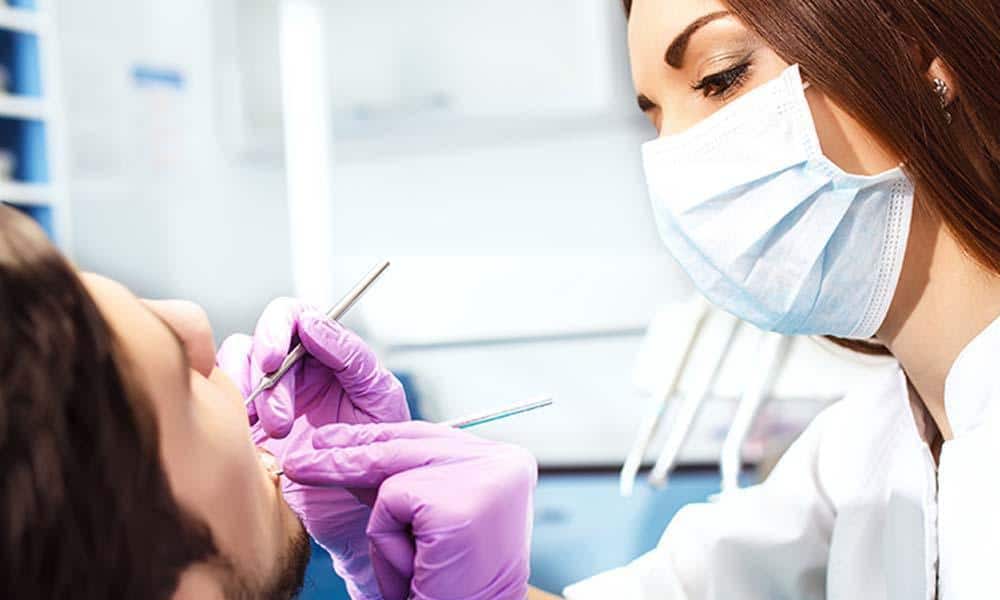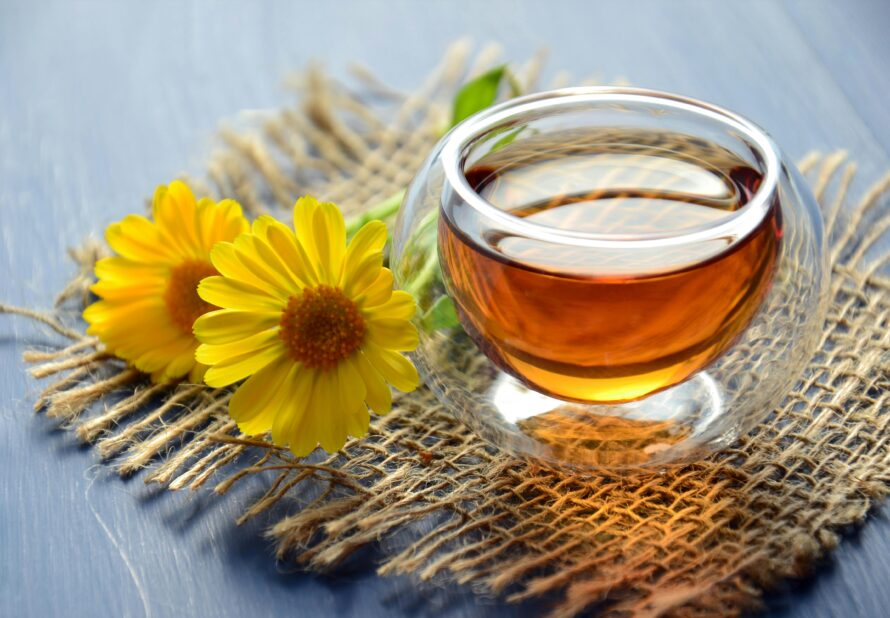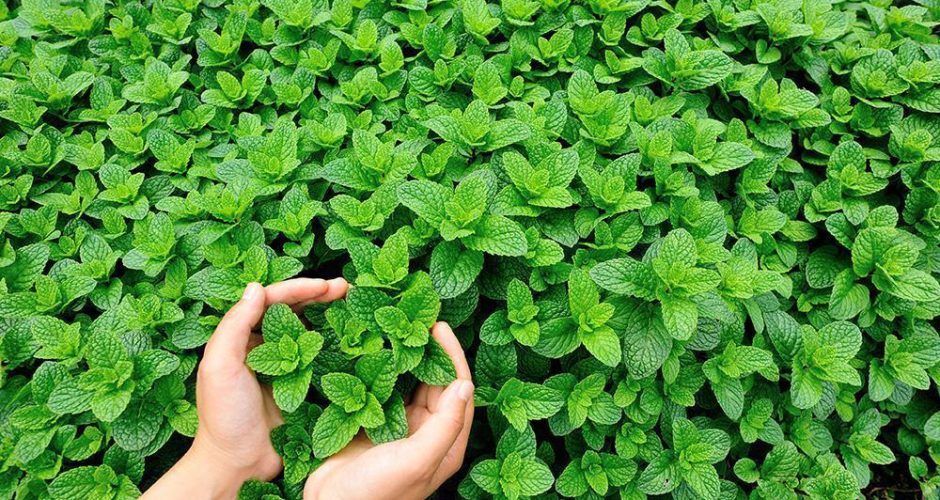
Pregnancy and Your Dental Health
October 27, 2015
Endodontic Surgery: Root Amputation vs. Apicoectomy
July 13, 2016Most people—especially here in the Pacific Northwest—enjoy starting the morning off with a nice cup of coffee or tea. But many of us haven’t given much thought to how this morning ritual affects our teeth. The fact that coffee and tea can cause staining is fairly well-known, but do tea and coffee have effects on your teeth? Are there any benefits to sipping coffee and tea regularly? The answer to both of those questions is: yes.
Dark Colors of Coffee and Tea Can Cause Enamel Stains
Because enamel is porous, dark-colored foods and drinks such as coffee and tea can cause your teeth to stain. Imagine the inside of your coffee mug—coffee does the same thing to your teeth that it does to your nice, white, previously clean cup. Tea has been shown to stain even more than coffee!

[Related: Periodontal Disease and Cardiovascular Health]
No, Tea is not Acidic for Teeth
Acidity can cause enamel erosion. While coffee is acidic, tea has minimal acidity. The acidity in coffee can cause enamel to wear away, and once your enamel is lost it doesn’t grow back. Enamel erosion can lead to increased sensitivity, increased risk for tooth decay, and discolored teeth due to the fact that the layer under the enamel is darker than your white, natural crowns.
Low Saliva Flow Can Cause Bad Breath
Another side effect of drinking too much coffee and tea is bad breath. Caffeine can dry out your saliva flow, and without saliva, bacteria grows more rapidly. Excess bacteria in your mouth can cause bad breath.
[Related: Is Flossing Really That Important?]
How Can You Minimize the Negative Effect of Coffee and Tea on Your Teeth?
Now that we know that tea and coffee have effects on your teeth. How can you drink your morning pick-me-up without damaging your teeth? You can try a few things in order to minimize the negative impact of coffee and tea on your enamel.

Use a Straw
You can start by using a straw. Using a straw to sip your coffee or tea keeps contact between the liquid and your teeth to a minimum.
Brush Your Teeth
Brush your teeth after drinking these beverages, but wait about thirty minutes after drinking before doing so. If you brush right afterwards you are not giving your saliva a chance to neutralize the acid, and you are essentially brushing your teeth with the acid and creating more damage.
Eat Healthy
Some foods can help clean your teeth naturally. Fibrous fruits and veggies require a lot of chewing, which not only helps generate more saliva to help neutralize the acid, but the fibers also help scrub your teeth clean. Strawberries, specifically, contain malic acid, which is a natural enamel-whitener.
Choose Better Beans
Arabica coffee beans have been shown to be less likely to stain than Robusta beans, so if nothing else you can choose the lesser of the staining offenders to brew your morning cup of joe.
Skip the Sugar
How you take your coffee or tea can impact your level of bad breath and bacteria. Bacteria thrive on sugar, so if you like creamers, flavor syrups, or sugar in your drinks, you are creating a perfect environment for bacteria to multiply. If you don’t take your coffee black—brush your teeth to wash all of those sugars out half an hour after you’ve finished your beverage.
[Related: Getting Over the Hurdles That Keep You From Seeing Your Dentist]
Benefits of Drinking (Black) Coffee and Tea
Do coffee and tea have effects on your teeth? Yes. But there’s also many benefits of drinking both!
Black coffee, and certain teas, have been shown to help destroy plague-causing bacteria. Coffee and tea are antibacterial against Streptococcus mutans (S. mutans), the main bacteria that causes tooth decay. Roasted beans tested better against S. mutans than unroasted beans, although both showed benefits. It has been shown that coffee, specifically roasted coffee, interferes with the absorption of bacteria to teeth, and although it doesn’t completely prevent growth of S. mutans, it does reduce the amount that sticks to your teeth.
Teas have also shown some of the same benefits as coffee. Green tea in particular has added benefits from its natural antioxidant compounds (catechins). The Journal of Periodontology showed improvement in the teeth of individuals with periodontal disease after drinking one cup of tea per day. The catechins in the tea interfere with the inflammation that results from bacteria in the mouth associated with periodontal disease. Black tea had similar results, but to a lesser extent.
Contact Cascadia Dental Specialists Today
Remember, the less sugar, creams, and syrups you add to your morning coffee and tea, the better for fighting bacteria. Brush your teeth (and floss!) half an hour after drinking, eat healthy foods, and make sure you go in for your routine cleanings to keep your teeth healthy and white. If you’re concerned about dental issues such as teeth grinding, don’t hesitate to contact Cascadia Dental Specialists today to request an appointment and address any dental concerns promptly.





